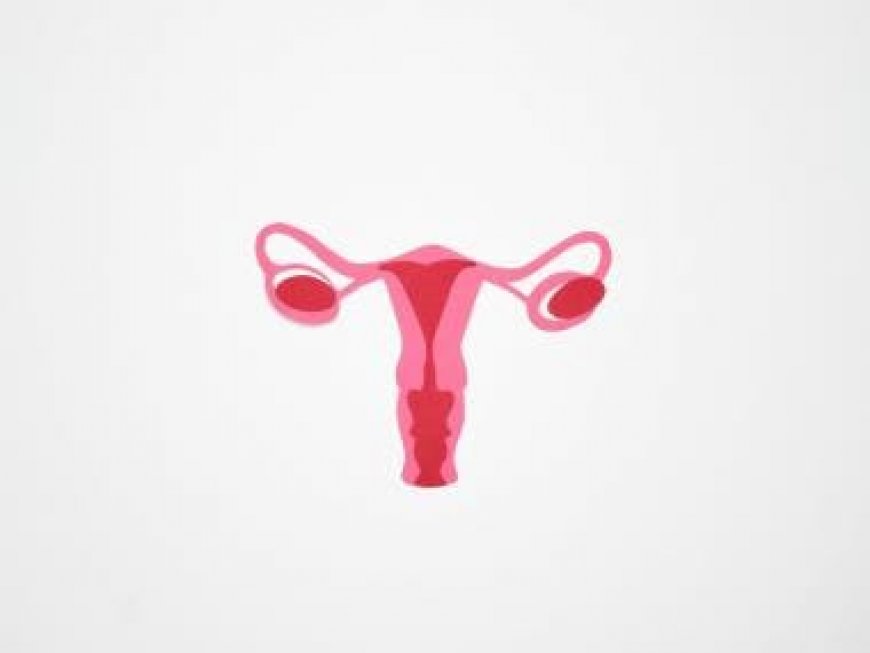Understanding and Managing PCOS and PCOD in Women
Understanding and Managing PCOS and PCOD in Women

In the intricate tapestry of women’s health, Polycystic Ovarian Syndrome (PCOS) and Polycystic Ovarian Disease (PCOD) stand as significant challenges, affecting the lives of many. These conditions, often used interchangeably, share similarities but also have distinct characteristics. We intend to delve into the causes, differences, and treatment approaches for women grappling with PCOS and PCOD.
Understanding the Causes: Unravelling the Complexity
PCOS (Polycystic Ovarian Syndrome):
Hormonal Imbalance: PCOS is primarily characterised by hormonal imbalances, particularly elevated levels of androgens (male hormones) such as testosterone. This imbalance disrupts the normal functioning of the ovaries.
Insulin Resistance: Insulin resistance is a common factor in PCOS. The body’s cells become less responsive to insulin, leading to increased insulin levels, which further contribute to hormonal disruptions.
Genetic Factors: There is a genetic predisposition to PCOS, with a higher likelihood of occurrence in women with family members who have experienced the condition.
Inflammation: Chronic inflammation is believed to play a role in the development and progression of PCOS, influencing hormonal and metabolic processes.
PCOD (Polycystic Ovarian Disease):
Ovarian Dysfunction: PCOD is often characterised by enlarged ovaries containing multiple small cysts. These cysts result from eggs maturing but not being released.
Hormonal Imbalance: Similar to PCOS, PCOD involves hormonal imbalances, including elevated levels of androgens.
Insulin Resistance: Insulin resistance is a shared factor with PCOS, contributing to hormonal disruptions in PCOD.
Genetic Predisposition: Genetic factors play a role in the development of PCOD, and it often runs in families.
Differentiating PCOS from PCOD: Unravelling the Terminology
While PCOS and PCOD are terms often used interchangeably, it’s important to note the nuances:
PCOS (Polycystic Ovarian Syndrome):
PCOS is a syndrome, indicating a collection of symptoms rather than just the presence of ovarian cysts.
Beyond ovarian cysts, it involves hormonal imbalances, insulin resistance, and other metabolic issues.
It serves as a broader umbrella term encompassing various symptoms related to the ovaries, hormones, and metabolism.
PCOD (Polycystic Ovarian Disease):
PCOD is commonly used to describe the presence of multiple cysts on the ovaries.
It may not necessarily involve the same degree of hormonal and metabolic disturbances as seen in PCOS.
PCOD is sometimes considered a milder form or an earlier stage of PCOS.
In practise, the terms PCOS and PCOD are often used interchangeably, and healthcare professionals may consider them as part of a spectrum of related conditions.
Treatment Approaches: Tailoring Solutions for Individual Journeys
Lifestyle Modifications:
Both PCOS and PCOD benefit from lifestyle changes. Adopting a balanced diet, engaging in regular exercise, and maintaining a healthy weight are fundamental.
A low-glycaemic diet that focuses on whole, nutrient-dense foods helps manage insulin levels.
Medications:
PCOS:
Oral Contraceptives: Birth control pills regulate menstrual cycles and manage androgen levels.
Anti-androgen Medications: Drugs like spironolactone may be prescribed to reduce symptoms like acne and hirsutism.
Insulin-Sensitising Medications: Metformin helps improve insulin sensitivity.
PCOD:
Birth Control Pills: Oral contraceptives are used to regulate menstrual cycles.
Fertility Medications: Women with PCOD trying to conceive may be prescribed fertility medications such as clomiphene.
Fertility Treatments:
For women experiencing fertility issues due to PCOS or PCOD, assisted reproductive technologies like in vitro fertilisation (IVF) may be considered.
Surgical Interventions:
PCOS: Ovarian drilling, a surgical procedure, may be performed to improve fertility.
PCOD: Surgery may be considered in cases of large cysts or if other treatments are not effective.
Dietary Changes:
Both conditions benefit from dietary adjustments. Managing carbohydrate intake, choosing complex carbohydrates, and incorporating anti-inflammatory foods can be beneficial.
Symptom Management:
Specific symptoms like acne, excess hair growth, and thinning hair can be managed with appropriate skincare routines, hair removal methods, and, in some cases, medications.
Regular Monitoring:
Regular cheque-ups with healthcare professionals are essential to monitor symptoms, adjust treatment plans, and address any potential complications.
Navigating the complexities of PCOS and PCOD requires a holistic approach that recognises the individuality of each woman’s journey. From understanding the causes to differentiating between the terms and tailoring treatment approaches, it’s crucial to work closely with healthcare providers for personalised care. Embracing a comprehensive strategy that combines lifestyle modifications, medications, and, when needed, fertility treatments ensures that women can manage these conditions and move forward with resilience and hope.
What's Your Reaction?



























































